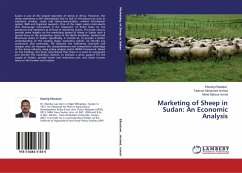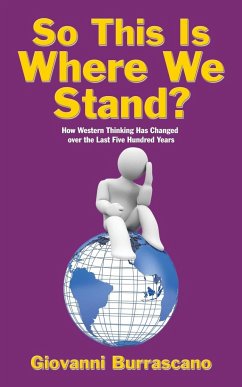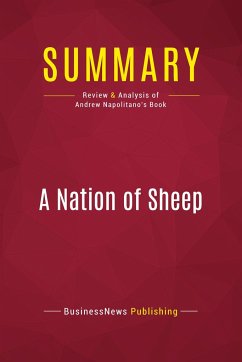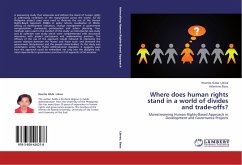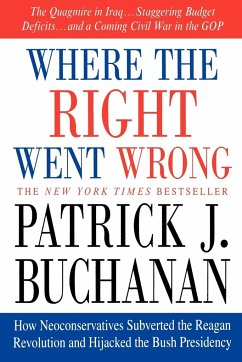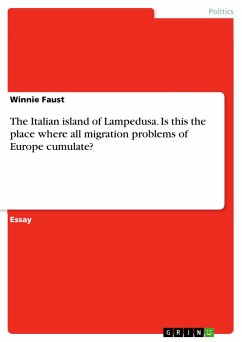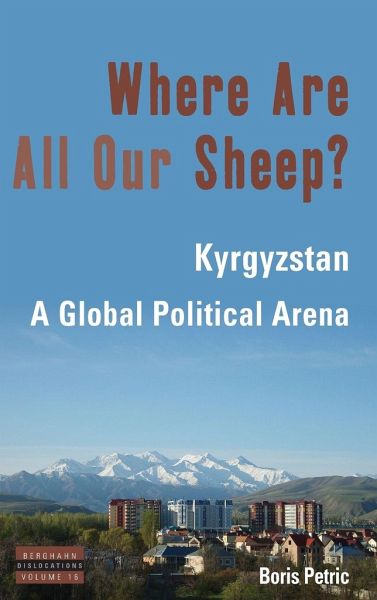
Where Are All Our Sheep?
Kyrgyzstan, A Global Political Arena

PAYBACK Punkte
65 °P sammeln!
Describes the path of economic and political liberalization chosen by post-Soviet Kyrgyzstan and its eventual dependence on the outside world, particularly on international aid. Explains how the Kyrgyz have turned this economic "opening up" into a subtle strategy to capture all manner of resources from abroad. Describes the encounters between the local population and the well-meaning foreigners who came to reform them.




